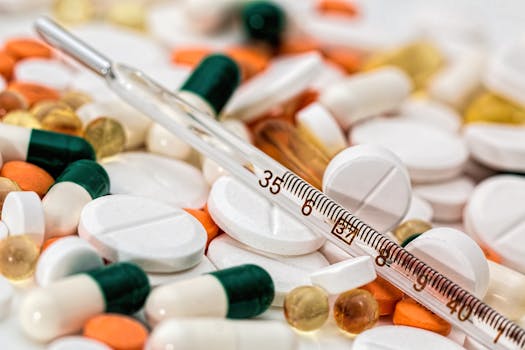In today’s world, with modern technology as advanced as it is now, there are several different resources available to those struggling with addiction.
Of course, the best route for addiction recovery is a treatment facility, however, there are a few other tools out there that are designed to help you along the way, encourage you to do better, and help keep you accountable.
When it comes to addiction recovery, there is almost no such thing as too much support or too much help. There will always be those weak moments where you feel as though you can’t continue, therefore it is important to have several avenues for support, help, and accountability.
One group of tools out there to help you beat addiction is mobile apps that can be accessed via your smartphone or even your tablet.

A few useful apps you might want to look into downloading while you are in recovery include:
- Sober Grid.This app allows you to find, chat, and meet up with other people who are also in recovery. Using your smartphone’s GPS capabilities, the app will search to locate other people near you using the app. However, you can choose to remain anonymous.
- Quit ThatJust like with any type of progress, you should always be keeping track of yourself. This holds you accountable and ensures that you consistently meet your goals. This app will track the progress you have made from quitting anything – from coffee to heroin. So, once you have quit your drug of choice, you can continue to use it to reach your next addiction recovery goal.
- recoveryBox Addiction Recovery ToolboxIf you have a spouse, parent, friend or anyone who is consistently tracking your progress with you, this app is a great tool to help out. Each day you put what you did in the app and it will flag it either as green, yellow, or red. The colors deem the activity as a good behavior, a warning behavior, or an acting out behavior. Then, at the end of each day, the information is sent to whoever is keeping you accountable.
Conclusion
Addiction recovery is hard enough in itself. Just like it takes a village to raise a child, it can also take a village to help someone recover from addiction.
During your recovery, it is important that you not only rely on God and your family and friends but that you also find other forms of accountability to ensure you have the best success you can.


